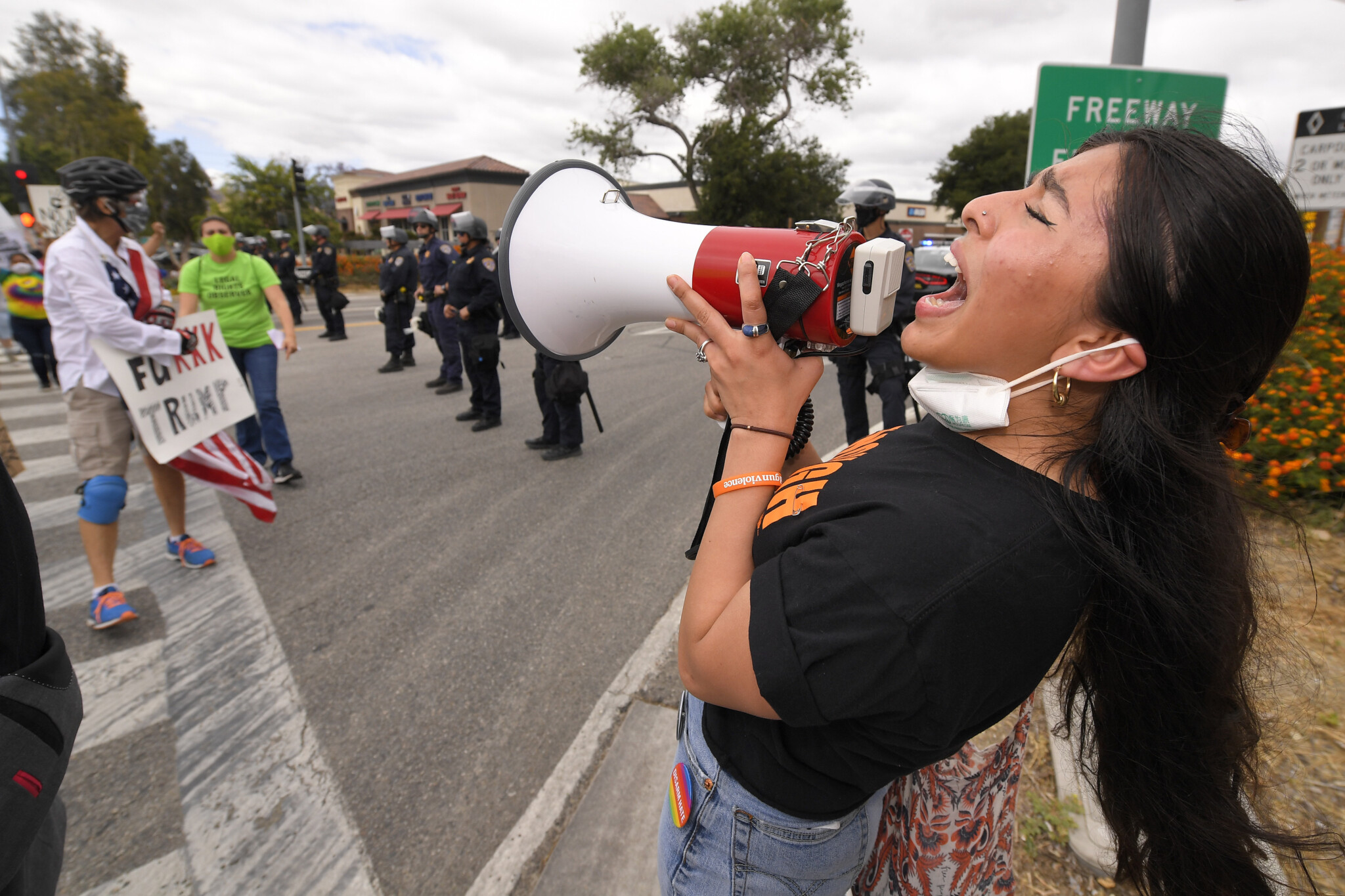When I was the target of a cancellation attack as chief of the Alberta Human Rights Commission in 2022, losing my livelihood as a result, cancel culture had already been going strong for a decade.
My cancellation followed what has now become a familiar pattern. A coterie of politically motivated activists (in my case the Alberta NDP and their minions in the blogosphere) scour the internet for the slightest infraction by a public figure. Then the cancellers, virtue signal to their “in-group,” call out the target for an alleged offence against woke morality (I had written an academic book review 13 years ago on historic Islamic imperialism where a single line was plucked, in which I said it was an overly and inherently militaristic religion).
This is followed by more in-group lackeys engaging in a pile-on while practising social vigilantism (I faced the wrath of a small cabal of NDP-affiliated academics and the National Council of Canadian Muslims).
Finally, the third-party witnesses bring the cancellation event to its culmination using their power to terminate or de-platform the target (the Jason Kenney government capitulated and booted me from office only two months after taking up the post. I was fired the same day a complaint was received and learned I had lost my job on the news. I was never told by my employer fully why I was terminated).
From the perspective of the target, this pattern is personally devastating. In my case, I lost my income and the reputation I had worked so long to build. I had wound up my law practice before taking on the job with the commission, so I had no clients to return to. In order to salvage something from the experience, my only option was expensive and prolonged litigation. I am still working my way through a lawsuit with the Alberta government, flush with money and as much time as they need to drag it out.
Debt, depression, and physical illness are common. Shortly after I was terminated, my partner and I lost our home, and each developed health issues. That my partner had worked for former NDP Premier Rachel Notley for four years and that I personally knew many of the Alberta NDP MLAs who were now calling me racist and a purveyor of hate speech, made the betrayal all the more bitter.
Added to this was the sheer injustice of the experience.








